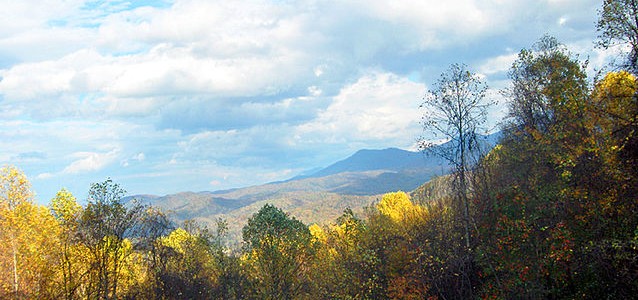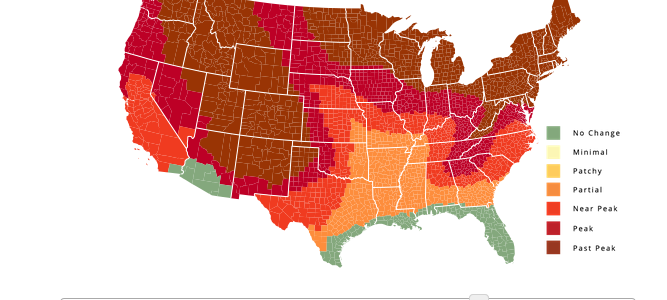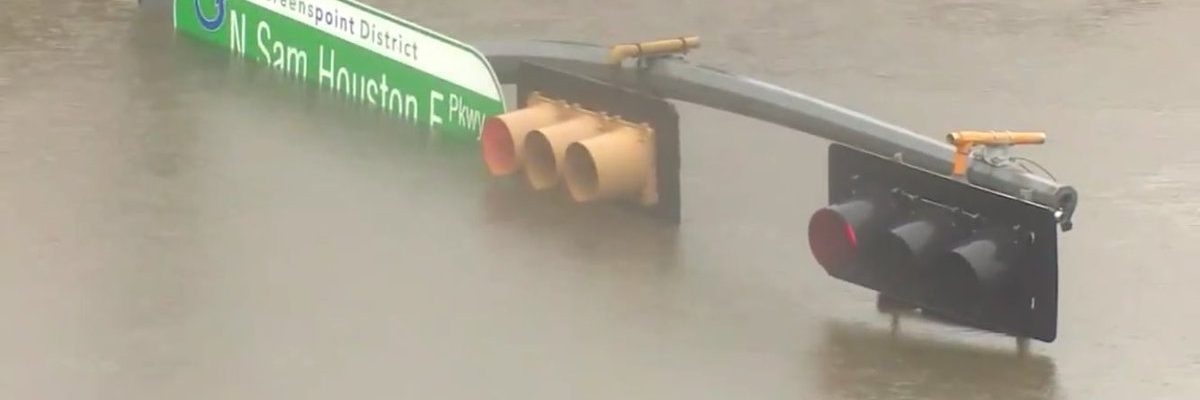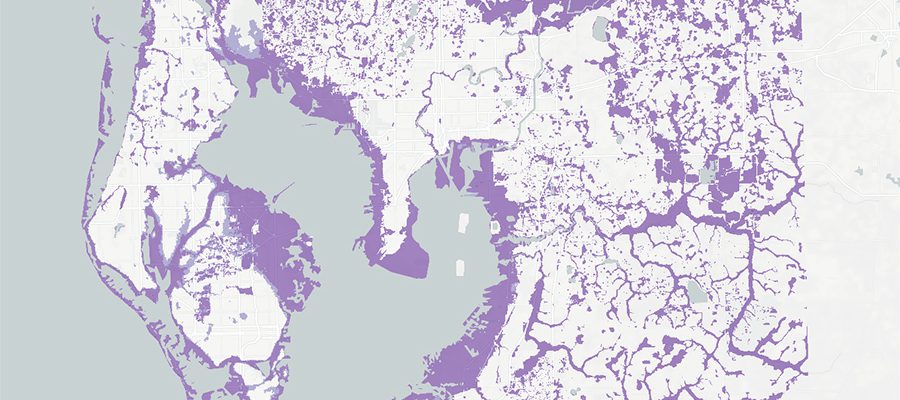Climate science
-

While fall started on September 1 for meteorologists and climatologists, today is the first day of astronomical fall. Most of the Southeast will be feeling summer-like temperatures for a few more days before cooler air moves into the region in about a week. You can read more about why climatologists and astronomers have different definitions…
-

Many older weather records exist, but because they are stored in ship logs, on paper, or in museum log books, we can’t use them to do modern scientific studies with. If we had access to the data, it would give us a clearer look at long-term weather patterns that we can’t do now. Because of…
-

The National Weather Service recently provided two online presentations on fall weather safety and space weather. Fall weather includes hurricanes, wildfires, droughts, floods and wind, all of which are occurring somewhere in the US right now, and space weather describes the weather of the upper atmosphere, auroras, and related topics. This is also very timely…
Posted in: Climate science -

Now that we are in meteorological fall, many folks’ thought turn to falling leaves and autumn colors. When do the peak colors occur in any area? While the display of colors changes from year to year depending on the weather patterns from the previous summer and the fall weather patterns, here is a neat website…
-

If you’ve been following the news since Hurricane Harvey hit Texas you likely saw more than one story about how Harvey’s rains were or were not influenced by climate change. If you are confused, you are not alone. Here is an article by Jason Samenow of the Capital Weather Gang that provides a no-nonsense look…
-

Hurricane Harvey dropped tremendous amounts of rain over Texas and parts of Louisiana. It’s estimated that values exceeded a 500 year storm in many locations. A 500-year storm is one that has a 1 in 500 chance of occurrence in any given year. The Washington Post has an interesting graphical story on what a 500-year…
-

People around the Southeast marked the solar eclipse of August 21 in a number of ways. In Athens I joined a group of almost 30,000 students, staff, faculty and friends in Sanford Stadium to watch the skies get dark at 99.15% totality. In North Carolina, the State Climate Office folks watched the skies and took…